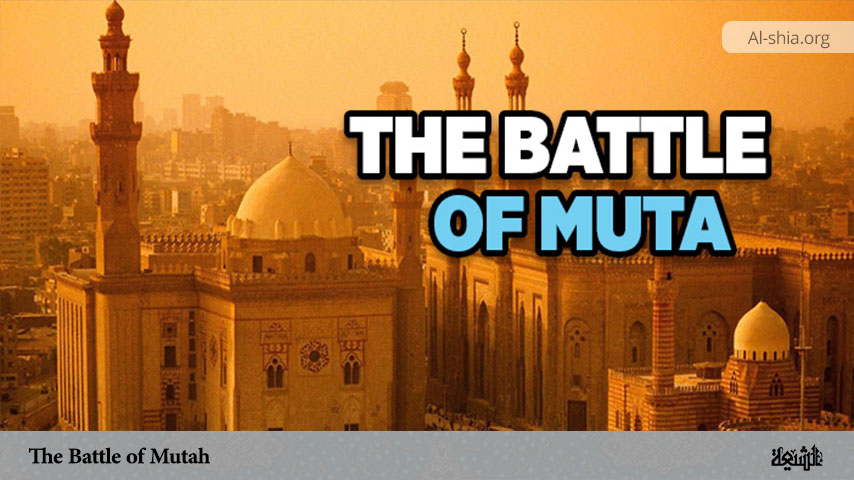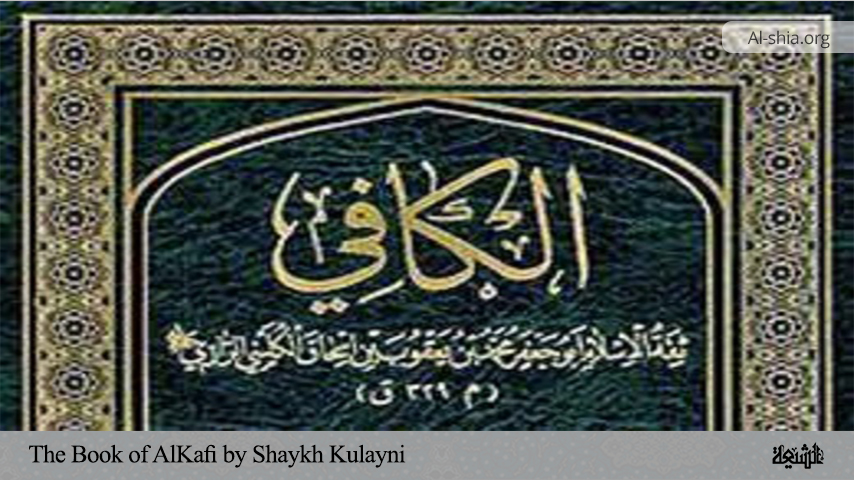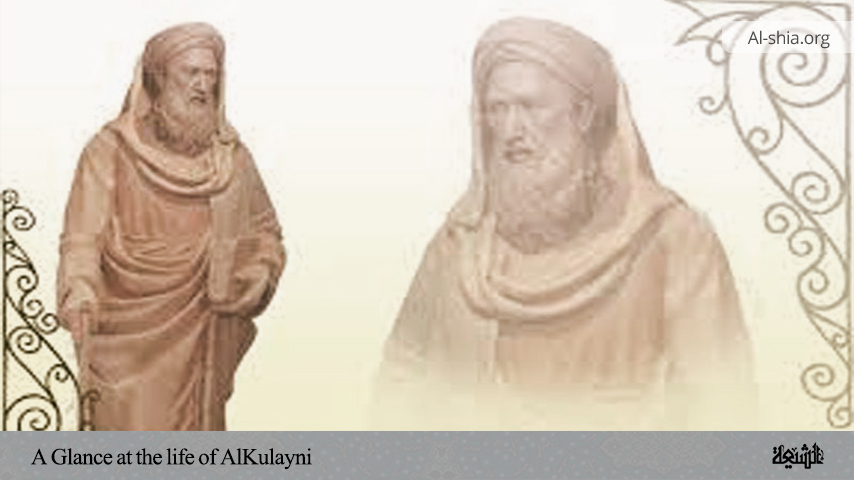The Battle of Mutah took place in Jumada al-Awwal 8AH, September 629 between the Muslim army and the Roman army. Mu’tah is a village of the villages of Balqa’ on the boundaries of Syria and it is presently located in Province Mu’ab.
Cause of War
On the cause of the Battle of Mu’tah, it is documented that the Holy Prophet sent letters and envoys to the rulers of the big States and invited them to Islam and also to the tribes and nations that were subject to them. He sent Harith ibn Umayr al-Azdi with a letter to the governor of Busra (now Hawran). Its governor and people were Arabs but they were Christians and they were subject to the Byzantine state in terms of foreign policy.
When the envoy of the Prophet arrived at Mutah, one of the villages of Balqa’, a town of Damascus, he was taken to the presence of Shurahbil ibn Amru’l-Ghassani, the governor of Damascus of the Byzantine Kaiser. When Shurahbil heard that Harith was the envoy of the Prophet, he killed Harith brutally. The Holy Prophet (peace be upon him and his family) heard the news and mobilized people. It seems that he asked them to gather in an army camp without having chosen a commander yet.
Nomination of the Commanders
The Prophet of Islam arranged the battle flag and gave the leadership of the Muslim army to Ja’far ibn Abi Ṭālib, as stated in Shia narrations, and said: “If anything happens to Ja’far, Zayd ibn Hāritha should be the commander of the army, and if he is killed, Abdullah ibn Rawaha.” However, according to the Sunni narrations, the Prophet (peace be upon him and his family) handed over the commander of the army to “Zayd ibn Hāritha” and said: “If Zayd is killed, the commander of the army should be with Ja’far ibn Abi Ṭālib, and if he is also killed, Abdullah ibn Rawaha should be the commander of the army!”
Departure of the Commanders
When the army was departing, people bid them farewell and prayed for them. During this period, the Prophet (PBUHH) addressed the army and parts of the sermon include:
I recommend you to observe piety (Taqwa) and beneficence to Muslims who are beside you. Depart in the name of God and on the path of God, and fight with whoever denies God; do not break treaties and promises, and do not kill children. When you encounter the enemy, call them to one of the following, and if they comply with these, then stop fighting them.
Call them to Islam; if they comply, then let them go. Then call them to immigrate to Dar al-Muhajirin (the house of immigrants, that is, Medina and its suburbs); if they comply, then they will share the benefits and harms of Muhajirun, and if they believe in Islam and stay in their own homelands, then tell them that they are like Muslim Arabs, and the Divine laws apply to them; and they do not share the booties of wars unless they fight alongside the Muslims.
If they do not comply with all this, then call them to pay Jizya (that is, taxes on non-Muslims). If they comply, then let them go. And if they do not comply even with this, then ask for God’s help and fight them. And if you besiege people of a fort or a city and they ask you to deal with them in accordance with the Divine command, then reject their request and just give them temporary security (Aman) in accordance with your own judgment, since you do not know if you can grasp the Divine command about them.
Then the Holy Prophet (peace be upon him and his family) accompanied the Army of Islam to Thaniyyat al-Wada’; he then stayed there and the army stood around him. The Prophet (PBUHH) told them: “Depart in the name of God and fight the enemy of God and your enemy in Syria. You will see people who worship God in their monasteries; do not encroach upon them, and you will see people whose heads are Satan’s nests; decapitate their heads with swords… Never kill women, children and the elderly; never set palm groves to fire; never cut trees, and never destroy houses”.
On the Way to Syria
The Muslim army advanced as far as “Mo’ān” and stopped there, they were informed at that moment that Heraclius, the Roman Emperor, had come to “Ma’āb” territory with a hundred thousand troops to fight with the Muslims, and another hundred thousand troops from the Arabs who lived in “Lakhm”, “Jodam”, “Qain” and “Bahra” had also come to his aid. He had totally prepared two hundred thousand troops to fight with the Muslims.
The three thousand fighters had given their lives to die an honourable death and to attain martyrdom, they had thrust their souls into the hearts of two hundred thousand well-equipped and experienced troops, and they were not afraid of the multitude of spears and swords and the barrage of arrows that came towards them.
Zayd ibn Hārith died amid the enemy’s spears, and after him, Ja’far ibn Abi Ṭālib quickly got to the battle flag, took it in his hands and attacked the enemy. The enemy, who was trying to bring down the battle flag as soon as possible, cut off Ja’far’s right hand with the sword, but Ja’far with special skill took the flag with his left hand, and his left hand was also separated from his body, then he took the flag to his chest and he kept his two arms until the enemy’s sword threw him to the ground and he attained martyrdom.
After the martyrdom of these two brave and high-ranking commanders, Abdullah ibn Rawaha went ahead and took the battle flag. After the martyrdom of Abdullah, the Muslims chose Khālid ibn Walīd as their commander. And he also spent that day until the night in cautious fights. At night, he sent some troops to the rear of the army. When it was morning, they came and joined the Muslim soldiers with noise, such that the enemy thought that the relief force had arrived from Medina. Therefore, they [the enemy] did not attack anymore and likewise, the Islamic army stopped the attack and the battle was practically brought to an end. For the Roman army, the bravery they had witnessed from the Islamic fighters on the previous day was considered a victory even if the Islamic army did not attack anymore, and therefore, both armies returned to their respective region.
The Battle of Mutah was an operation by Muslims to identify the fighting styles of the Roman armies and their allies, and the information that Muslims gained from this battle was very helpful in their future wars. Thus, the loss of this battle for Muslims is nothing in comparison with their gains. They were successful in the identification of the fighting styles, organizations and warfare of Roman armies and their allies, which was key to the Muslims’ victories in their future battles.






